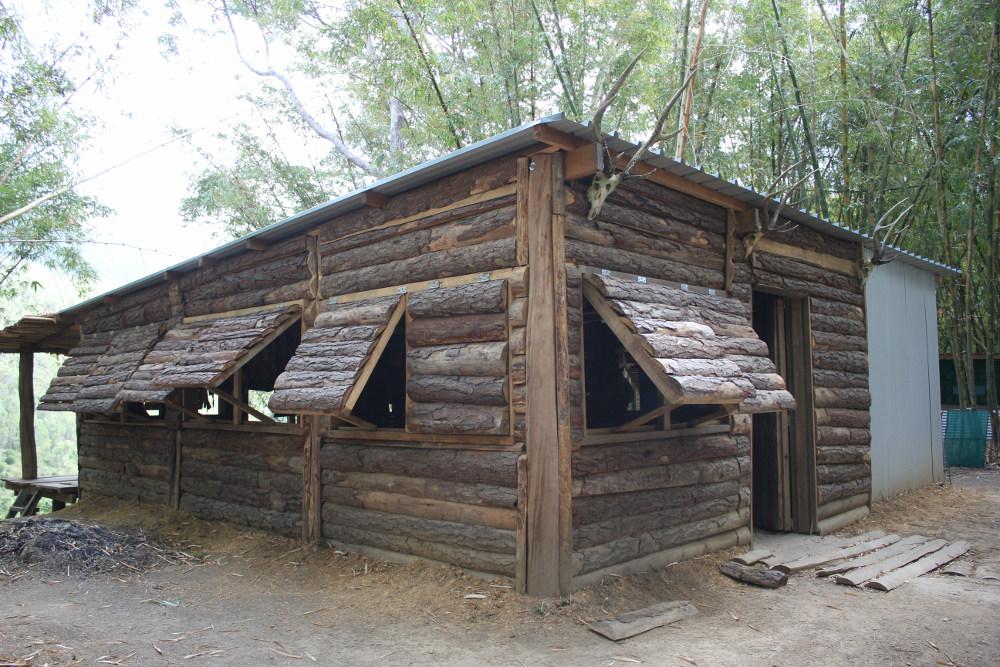The initial outcomes of environmental rehabilitation and invasive species control efforts by the Pacific Community (SPC) and New Caledonia's Northern Province through the INTEGRE and RESCCUE projects are now visible in the Thiem watershed.
The primary goal of actions under way in New Caledonia's Hâccinèn drinking water catchment area, which supplies eight of the municipality’s 10 tribal areas, is to safeguard water resources.
“The forest acts like a sponge. The decrease in forest cover, combined with erosion due to fires and damage caused by deer and pigs, directly endangers water resources,” explained Quentin Delvienne of ONFi (French National Forestry Office), the local INTEGRE and RESCCUE coordinator.
Three mutually supportive main areas of activities are underway with both the inhabitants and associations of Poyes and Tiwaé, i.e. controlling deer and pig populations ; restoring plant cover by replanting native species and installing plant-based erosion-control structures; and, finally, introducing a hydrological, meteorological and erosion monitoring system.
The young people in these Melanesian villages have really taken to heart this restoration work, with special involvement by children and their mothers. About 650 trees have been planted and more will follow. “We don’t have any mining resources here. Our future is the forest and the lagoon, so we need to protect them,” explained Raymond Trocas, in charge of planting operations in the Poyes tribal area. “The name in the local language of one of the trees we planted is ‘the tree that heralds the forest’,” added Phillippe Kaehene. How symbolic!
At the same time, the Tipwoto Association has organised regular hunting activities designed to limit forest damage caused by deer and pigs. In order to be able to spend more time in the target hunting area, they built a hunting camp out of local materials along with a larder to store the meat. A geolocation tool has been developed to monitor their actions and enhance their effectiveness.
The hunters, all members of the tribes in the zone, attended training sessions in partnership with the FFCNC (hunting federation) and the group is now able to partly fund its own operations by producing and selling traps, organising events, selling game meat and collecting bounty money on jaws.
Finally, setting up erosion monitoring plots on different types of soil, which are impacted differently, will lead to a greater understanding of erosion through scientific analysis of its hydrology and sediment aspects.
“These initial outcomes are extremely promising, with strong local involvement, particularly by young people,” noted Yolaine Bouteiller, INTEGRE Coordinator for New Caledonia at the SPC. “The combination of control and restoration activities, together with the innovative nature of the tools developed, is a model that can be reproduced in the Northern Province and in other Pacific islands,” RESCCUE’s Deputy Coordinator at SPC, Jean-Baptiste Marre, added.
INTEGRE and RESCCUE are being implemented in New Caledonia by SPC with the assistance of the Northern Province. INTEGRE is funded by the European Union, while RESCCUE is funded by the French Development Agency (AFD) and the French Global Environment Facility (FFEM).
Media contacts:
Quentin Delvienne, Local INTEGRE and RESCCUE Coordinator, [email protected]
Lauren Robinson, SPC Media Relations Team Leader, [email protected]
Useful links:
INTEGRE project RESCCUE project
